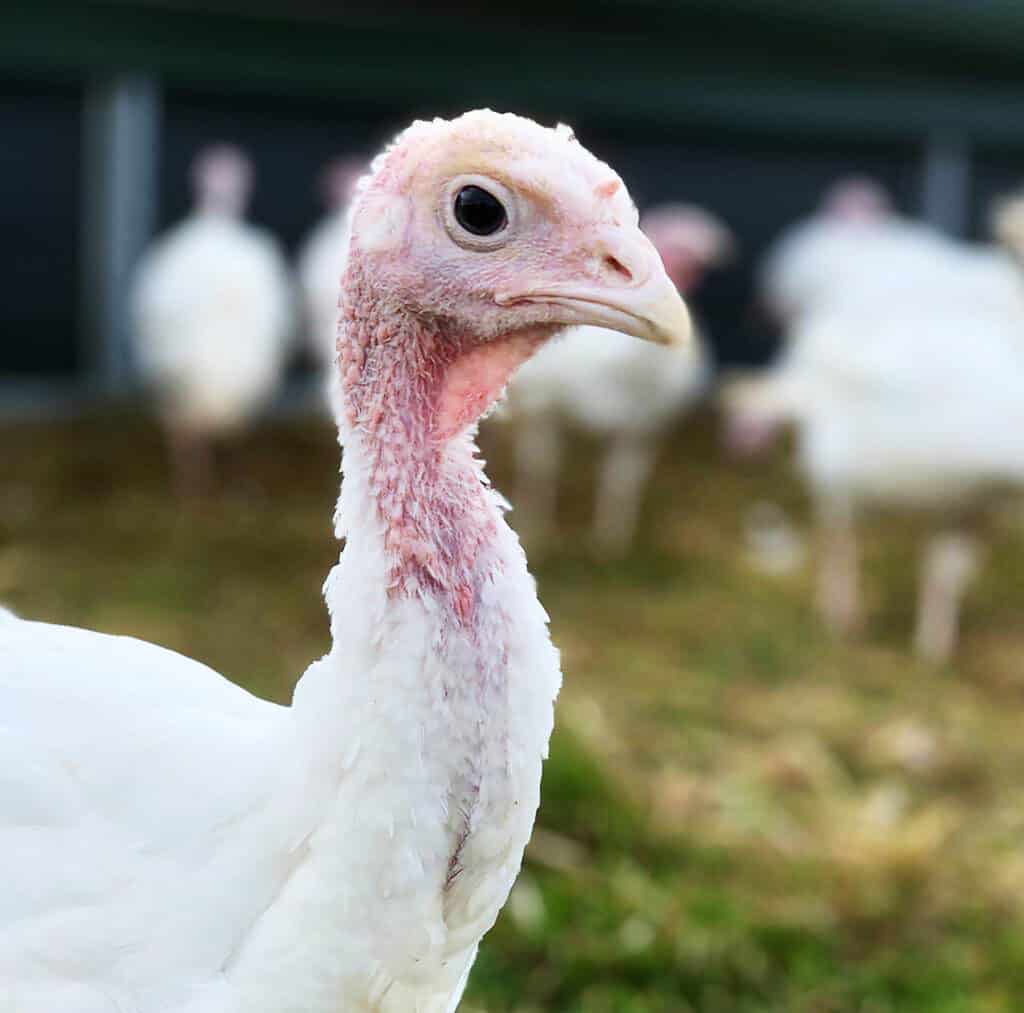Monthly news from the various North Dorset Police Teams. This month’s news from Shaftesbury’s PC Rob Hammond
Shaftesbury’s policing team has a new sergeant, and PC Rob Hammond says the team have been focusing on anti-social behaviour by youths.
The Shaftesbury team have undergone some changes this year with the departure of the popular PCSO Phil Dibble. He has gone to join Wiltshire Police as a PC, and we wish him luck.
This leaves me (PC 740 Rob Hammond) & PCSO 5382 Su Leatt as your neighbourhood team. Another change is the departure of our supervisor PS 731 James Francis – he has moved to the youth offending team based in Verwood.
Joining the teams as Sergeant Francis’ replacement is Police Sergeant 1404 Matt Bradley, who comes to us from CID.

Gillingham & Shaftesbury had reports of youth related ASB. Officers were out visiting locations known for youths congregating. One intoxicated youth was found unconscious & getting colder by the minute after being left by his ‘friends’ in Shaftesbury (fortunately some other youths located him). An ambulance was called, the youth kept warm & details of his parents gained who were also contacted.
Once it was ‘knock down ginger’…
Lately we have been focusing on antisocial behaviours (ASB) mainly by youths who seem to think knocking on doors and running away is fun. It’s an old game, but it’s not fun at all for the person who could be vulnerable inside. We have identified some of those responsible, and these have been referred into the youth offending process.

After several reports of this vehicle driving dangerously over recent weeks, officers found it driving around Shaftesbury in the middle of the night with no lights on. Unfortunately when officers put their blue lights on, the driver didn’t want to talk and sped off from them. It didn’t take long to locate it abandoned nearby. Driver is believed to have no documents and as such their car was seized
Taking illegal cars off the road
Noisy cars and document offences have also been a focus recently. The rural teams regularly seize non-insured vehicles in order to make the roads safer; we try to highlight these on our social media feeds, along with regular updates on all our activities.

Teams from Shaftesbury & Gillingham, supported by officers from FSG, PDU (and of course the dog) executed an MDA (drugs) warrant at an address in Gillingham. One male was arrested and is assisting us with our enquiries. Ref 55220012411.
For details on your local team’s future engagements please refer to our website. As always, if you wish to contact us follow the links. You can report non urgent matters via 101, and remember if you see a crime in progress or a person in danger call 999.
















